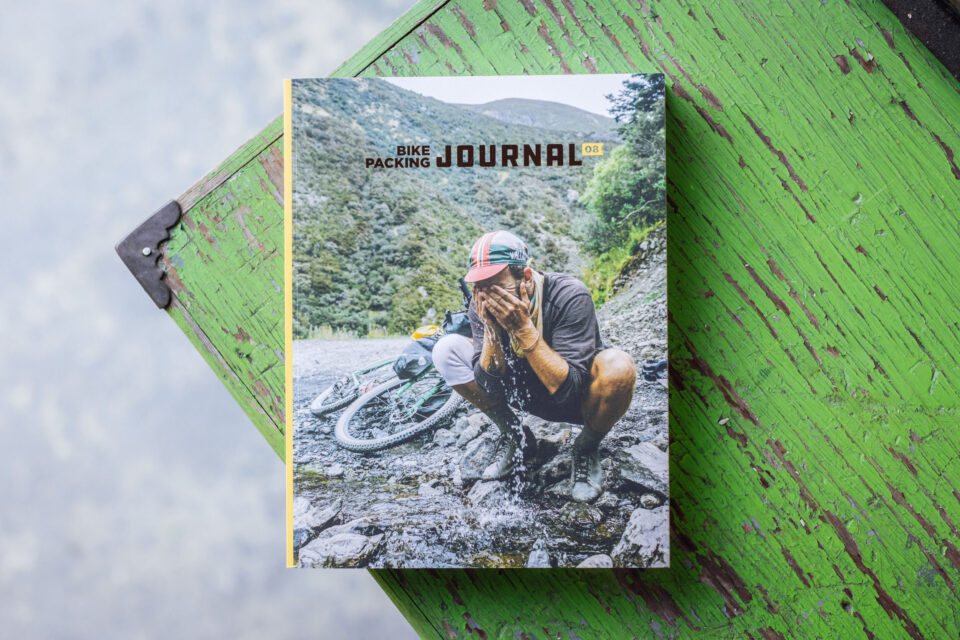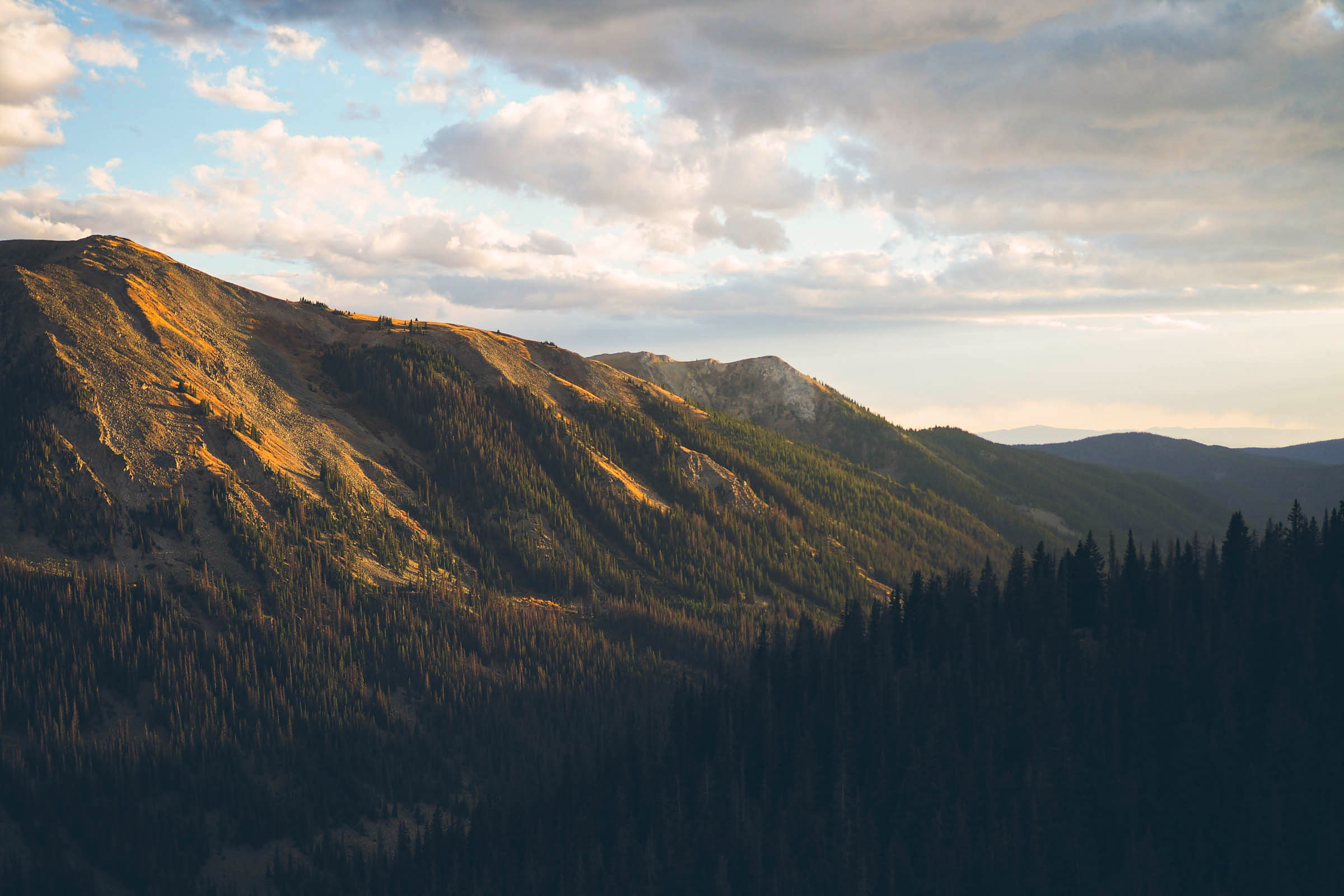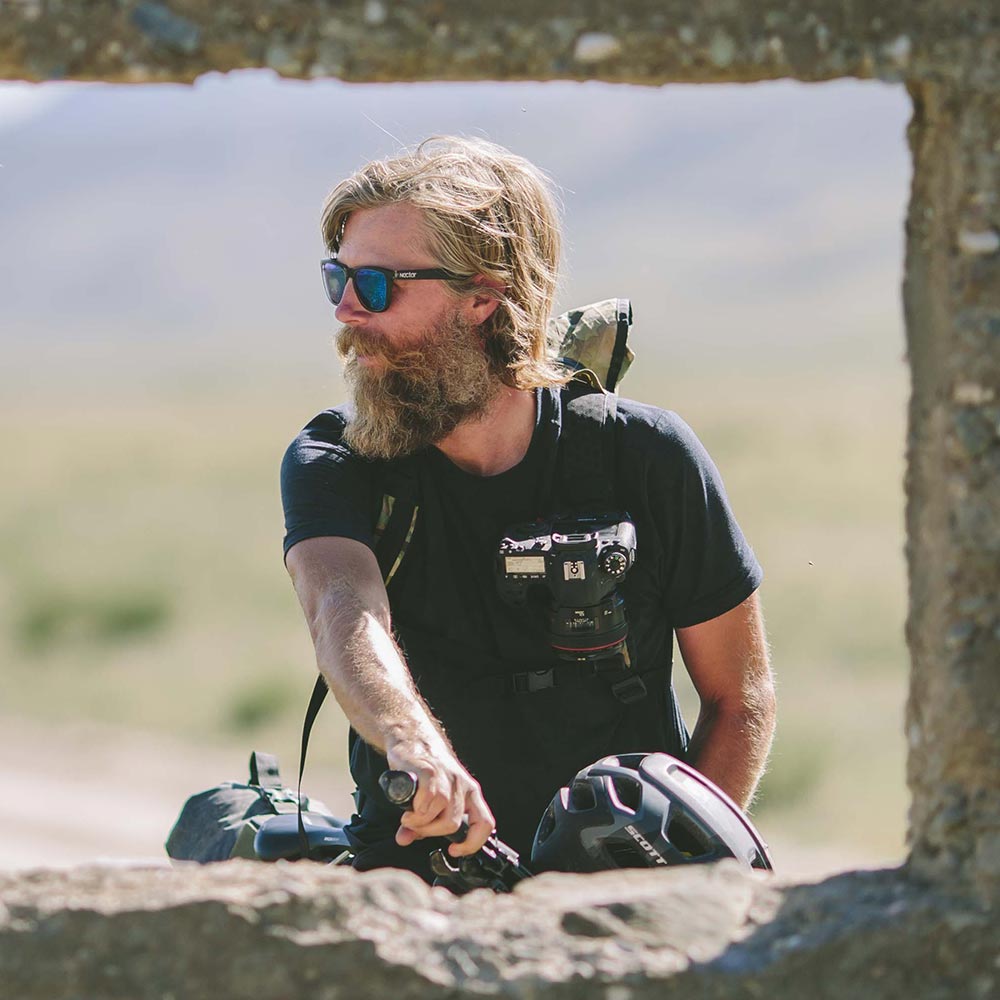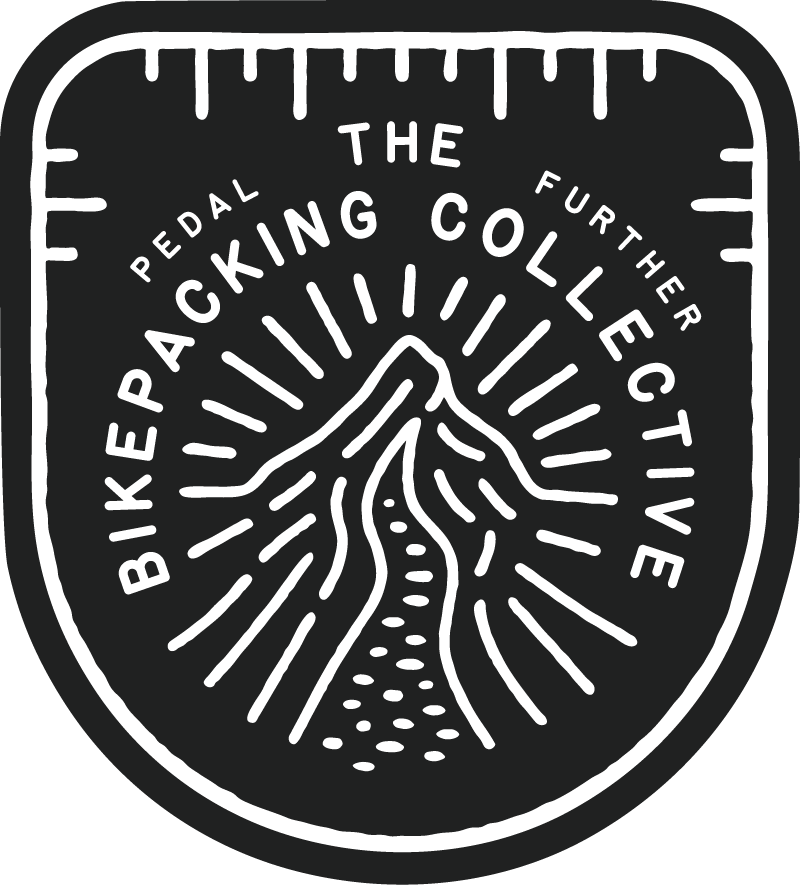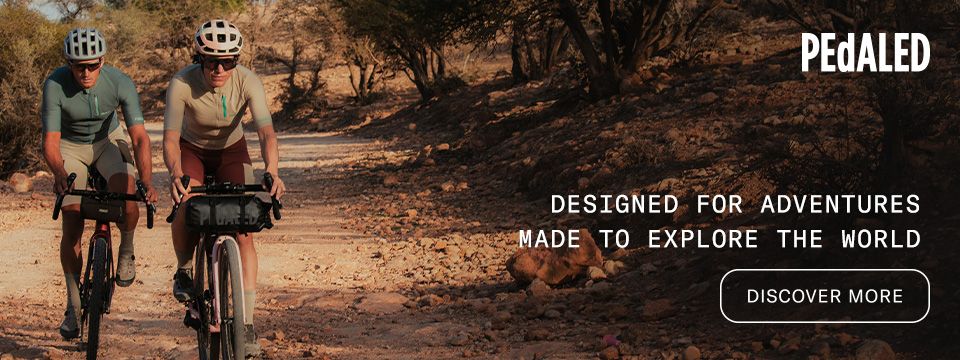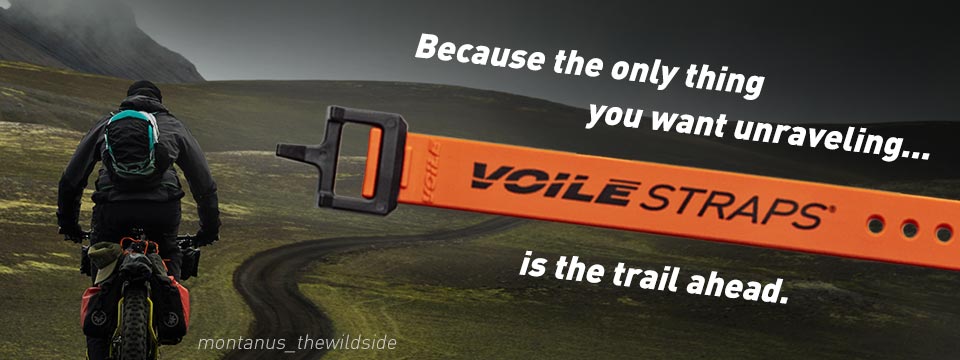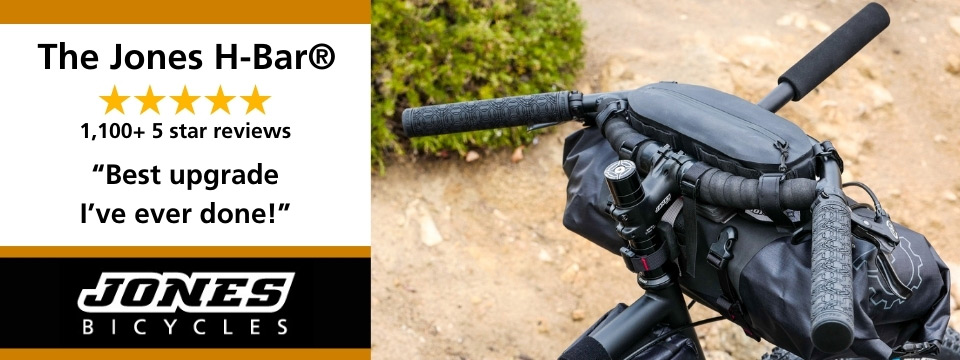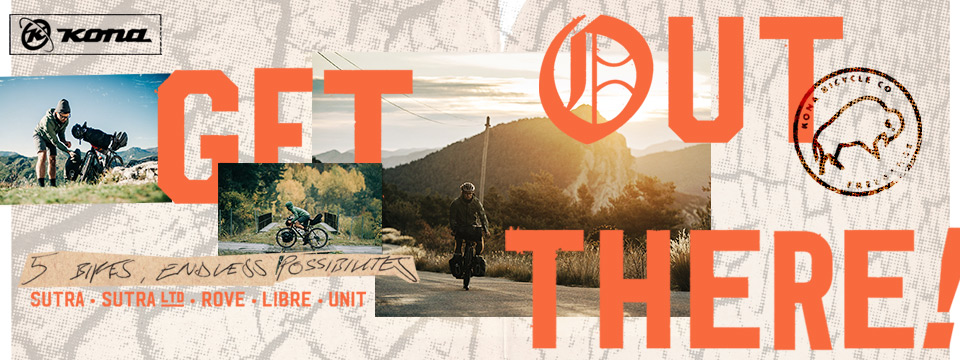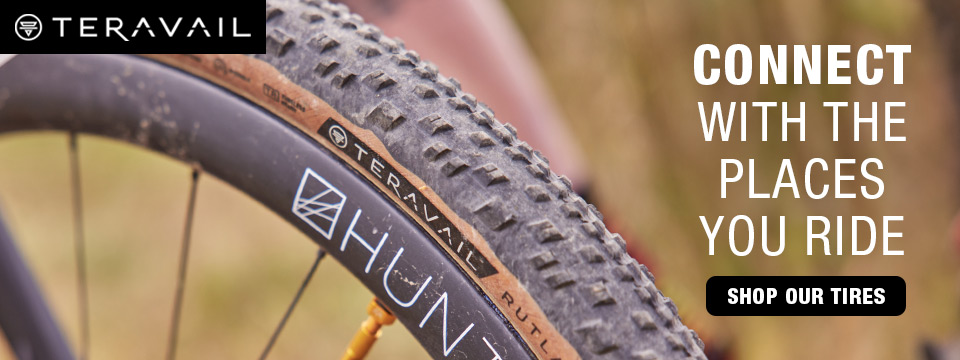A Story to Bear: Thoughts on Grizzly Tragedy in Montana
Yesterday afternoon we had a phone call with Joe and Kim, a couple who were bikepacking the Great Divide and witnessed the terrible and fatal grizzly attack in Montana just a couple of days ago. Our thoughts go out to the friends and family of the victim, Leah Davis Lokan, as well as these two, who want to help inform the community through their story…
Joe and Kim introduced themselves in an email on Wednesday, asking if I had time to discuss the fatal bear attack in Ovando, Montana, on July 6th. The 50-something couple are avid backpackers turned bikepackers, and were riding the Great Divide Mountain Bike Route through the US after more than two years of planning. On the night of July 5th, they were camped in a tent some 10 feet away from Leah Davis Lokan, the 65-year-old woman from Chico, California, who was killed by a grizzly bear early the next morning.
Joe and Kim started their ride less than a week before and had camped with Leah for a couple of nights prior to the incident, and the group quickly became friends. In the early hours of that dreadful morning, Joe was awoken by the event, ultimately running the grizzly off with bear spray. That day, in the aftermath, the people of Ovando helped Joe and Kim avoid the media frenzy, leave town, and begin their trip home after deciding to abandon their ride on the Divide.
The couple went on to tell me the intensely emotional account of what happened, which I won’t go into here. It was a tearful, heart-wrenching story that wasn’t easy for them to tell, and it’s clear they’re at the very beginning of a painful healing process. Ultimately—and the reason they contacted me—they feel that helping others properly prepare for backcountry camping to avoid such dangers and reinforcing the values of outdoor leadership and communication within the bikepacking community are essential parts of that process. And more importantly, they feel this is a way of honoring Leah. Our call was merely the start of a broader conversation.
Joe and Kim have been longtime readers of the site and went to the inaugural Bikepacking Summit several years ago, but this was the first time I met them. Truth be told, the moment they contacted me, my mind started reflecting on how little backcountry safety information we’ve shared here on BIKEPACKING.com. We’ve always made a point to bring awareness to the risks—especially as they pertain to our routes—and that riders should do their own due diligence and be versed in the proper safety knowledge and preparation relevant to the areas through which they pass. That still holds true. However, we’ve never provided any actionable safety information. And while this isn’t our area of expertise or something we can be directly responsible for, we have access to experts and should make it a priority to provide more of this material, especially as there are many newcomers to bikepacking who likely lack backcountry experience or don’t know how to find the information necessary to properly prepare. As bikepackers, we’re venturing into places that don’t belong to humans, and we need to be aware of the responsibilities that come with it.
My call with Joe and Kim brought back memories of my own bear story. Back in 2013, on my final night of riding the Virginia Mountain Bike Route, I was exhausted and pitched camp after dark. I ate most of what little food I had, save a single Toffee Buzz Clif Bar, which I left in my tent. I had tied up my food every other night, but physical exhaustion and the fact that it was just one little bar swayed me from taking the proper precaution. Later, a large black bear was nosing up against the tent, snorting, and ultimately growled after I blew my bear whistle. Eventually, it wandered away. I was lucky. Although the outcomes were far different, there are some similarities in the details leading up to my bear encounter and the terrible tragedy that has affected the hearts and minds of many this week. Of course, there are more factors involved and much more to proper bear precaution, which we’ll make a point of covering on the site.
In closing, Joe asked if I had listened to backcountry skier Cody Townsend’s presentation on the Normalization of Deviance, a theory for measuring risk and using that to gauge backcountry safety and decision making. In Cody’s world, that risk pertains to avalanches. However, there’s a lot to unpack in this methodology, much of which is applicable to bear safety and other backcountry risk assessment. Watch that below, and let us know what resources and articles you’d find most valuable around the topics of safety, risk, and backcountry preparedness. Our wheels are spinning and this conversation will be continued.
Please keep the conversation civil, constructive, and inclusive, or your comment will be removed.




